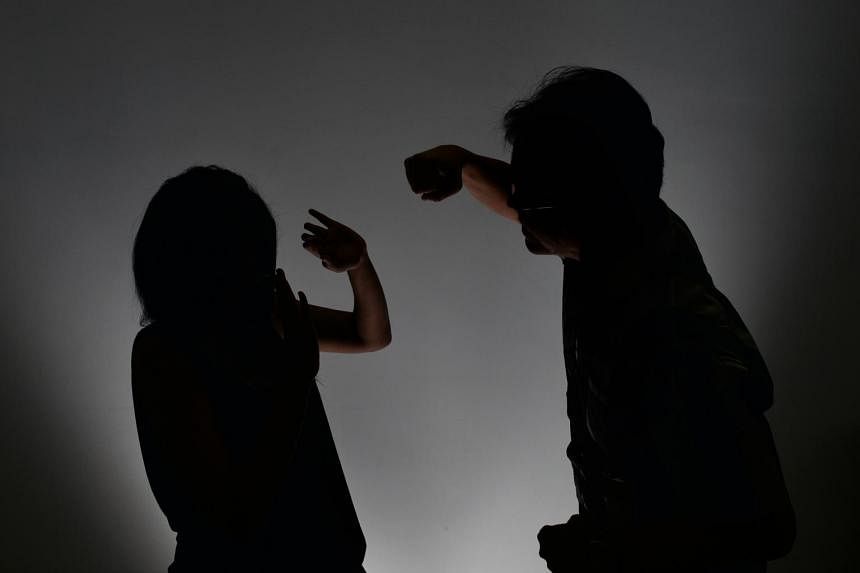SINGAPORE - While proposed changes aim to make it easier for victims to report family violence, more can be done to ensure that victims do not feel their concerns are being dismissed, said Workers' Party chairman Sylvia Lim (Aljunied GRC).
On Tuesday (April 5), Ms Lim expressed concern that the proposal to have social service professionals involved in teams responding to cases could result in a mindset among the police that the social services will take the lead.
"If the first response is, for want of a better word, a 'softer' one, there may be a perception among perpetrators that they can try to explain their actions away.
"As for victims, it is vital that they do not encounter responses that appear to de-criminalise their experiences or, worse, attribute blame to them for precipitating the violence by their own behaviour," said Ms Lim.
She added that if victims encounter dismissive attitudes, they would be unlikely to report offences again.
Ms Lim was speaking during the debate on the White Paper on Singapore Women's Development, which was presented to Parliament on March 28.
The White Paper sets out a road map for greater gender equality that will see more support for flexible work arrangements, step up help for caregivers and provide swifter intervention in cases of violence.
Ms Lim also expressed concern about the vulnerability of women with disabilities.
"Given that disabled persons may be less able to defend themselves, we must be mindful of our special duty of care towards them," she said, questioning if officers will be trained to respond to victims of violence who have disabilities.
Responding towards the end of the debate, Minister of State for Social and Family Development Sun Xueling said the changes are “by no means a soft approach”.
She noted that social service professionals can help survivors move out of their home temporarily, and Adult Protective Services could be authorised to remove a vulnerable adult, including a person with disabilities, from their homes for their safety.
On cases of repeat violence, Ms Lim asked if agencies are looking to prevent incidents from happening and how much resources they are willing to put in.
She cited an example from Britain in the 1990s in which police in Merseyside issued a neck pendant alarm to the victims in cases of repeat violence so that they could activate the alarm and open a voice channel to law enforcement officers. The officers would be able to hear what was going on in the home, talk to the victim, and decide if a rapid response should be dispatched.
Ms Lim said: "This initiative was indeed resource-intensive, but it reaped significantly positive results for victims not only in reducing repeat incidents but in reducing fear of crime, immensely improving the quality of life of themselves, and often, their children too."
She noted that a mindset shift may be needed within law enforcement too.
Ms Lim said that she knows officers who "enjoy the adrenaline rush of handling murder cases and going after organised crime syndicates".
"Some officers may not find handling family violence cases quite their cup of tea. If they bring reluctance or disinterest to such cases, the public will feel it," she added.
Ms Lim proposed that the official human resources policy for career progression of these officers not relegate such duties as unimportant.
Beyond official HR policy, she said there is also the issue of the unofficial culture in what officers talk about in the canteens.
On workplace culture, Ms Lim cited her personal experience as a former law enforcement officer, saying how a male superior had suggested that she put on make-up when she went to work. She had then dismissed the comment but questioned if it was appropriate.
"We do not want to go to the extreme of resorting to litigation for such matters. But to avoid undue pressure on females in the workplace, employers and society as a whole would need to step up and educate themselves too," she said.


